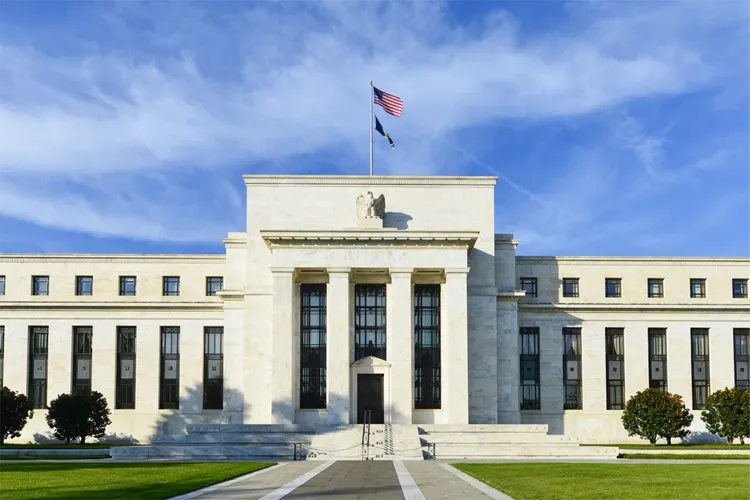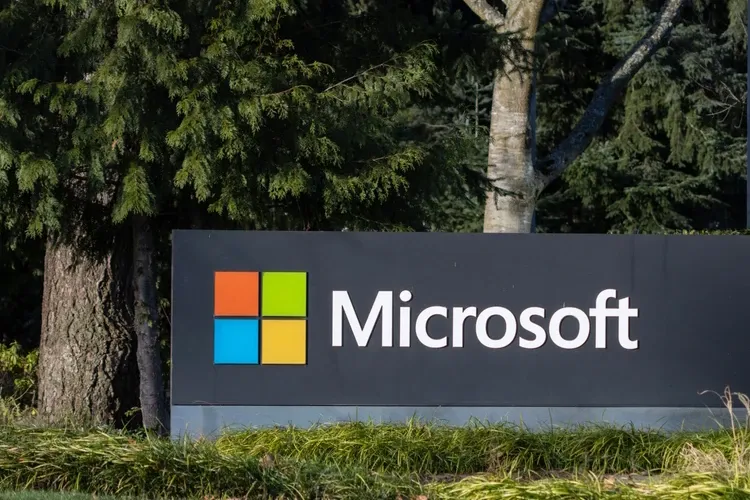Officials at the Federal Reserve Bank of Cleveland released an analysis predicting that the inflation rate will not fall below the historic 2% benchmark for several more years.
The last four years have been dominated by elevated inflation rates after the Federal Reserve issued monetary stimulus and supply chain bottlenecks emerged amid the lockdown-induced recession. Monetary policy officials have targeted a 2% long-term inflation rate over the past several decades, yet Federal Reserve senior research economist Randall Verbrugge predicted in his analysis that “inflation could take several years to return” to that benchmark.
The economist said that intrinsic inflation, or an increase in the price level which “arises from the internal dynamics of price-setting and wage-setting decisions and from the way that inflation expectations are formed,” will continue to dominate inflation in the near future. He added that extrinsic inflation, which is driven by shocks related to “production costs or an overheated labor market,” will not persist since the supply chain issues have largely run their course.
Verbrugge forecasted that the inflation rate will gradually decline from 3.1% in the second quarter of 2024 before reaching 2% by the middle of 2027, a significantly slower return to historical inflation conditions than those expected by businesses and other economic actors.
The most recent inflation data from the Bureau of Labor Statistics indicated that price levels are increasing at a 3.4% rate, a slower pace than the 9.1% level recorded in the summer of 2022 but a significantly higher pace than the 1.4% level recorded at the start of 2021.
White House officials have consistently downplayed the severity of price level increases over the past several years, repeatedly claiming credit for marginally less severe inflation readings from month to month while overlooking the low rates of inflation at the start of his term.
President Joe Biden has a lackluster 34% approval rating for the economy and a 29% approval rating on inflation ahead of the 2024 election. One survey observed that “voters say economic concerns are more important to them when choosing a candidate” relative to the last two election cycles: some 65% of voters presently call the economy “extremely important” in determining their vote, a sentiment shared by 40% of voters in 2020 and 46% of voters in 2016.




